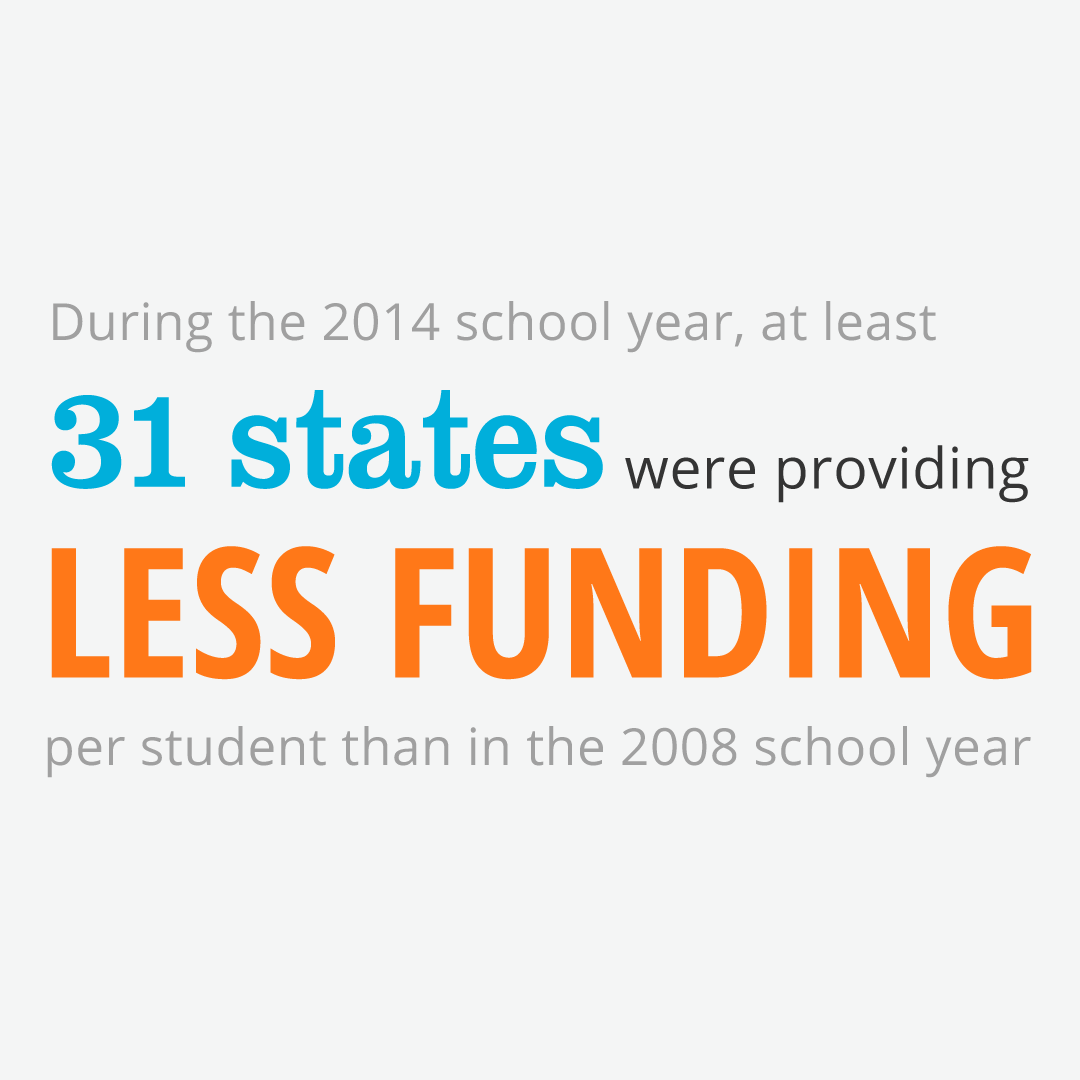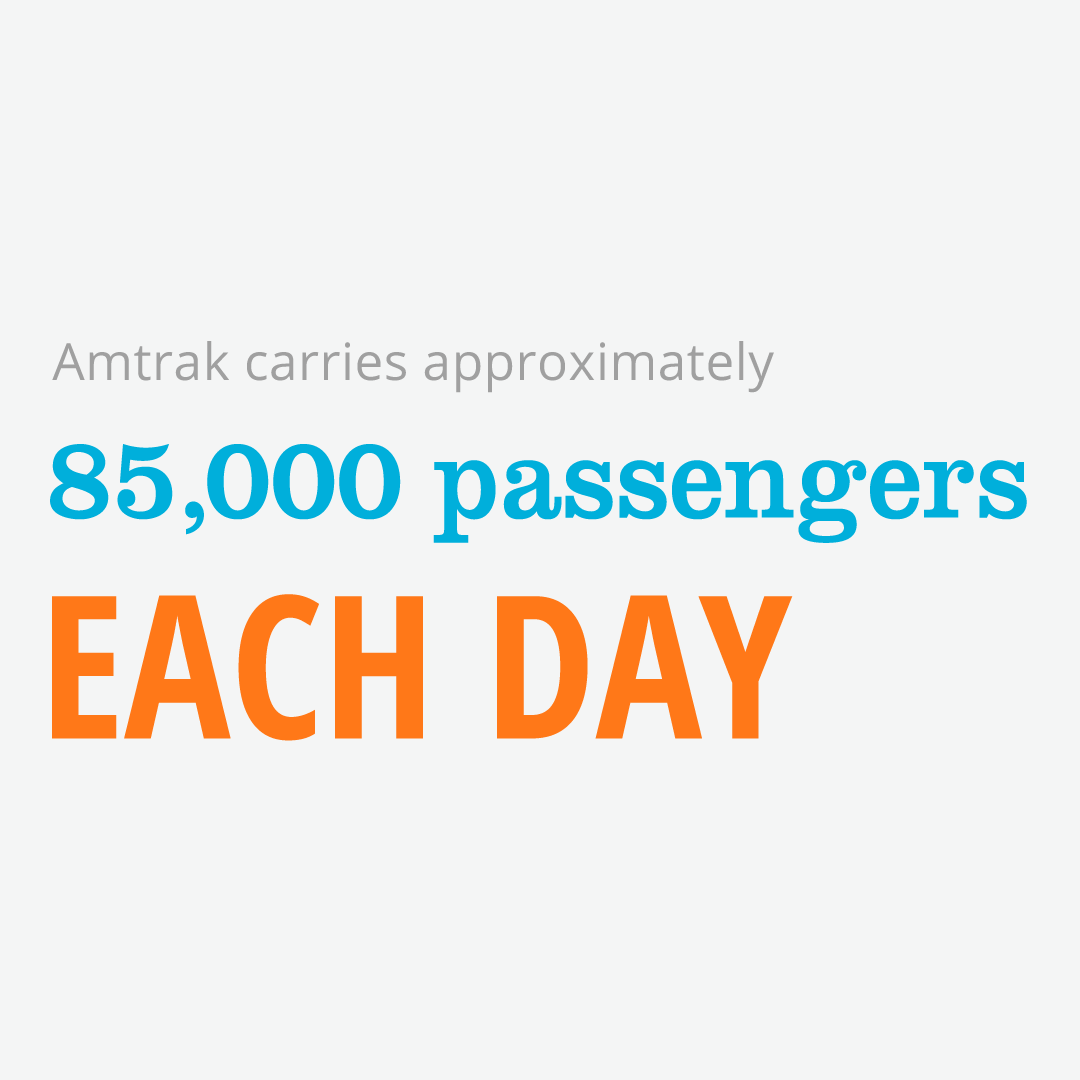On Thursday, December 6, the National Academies of Sciences, Engineering, and Medicine, Committee for a Study of the Future Interstate Highway System, and the Transportation Research Board (TRB) released a congressionally mandated report, “Renewing the National Commitment to the Interstate Highway System: A Foundation for the Future.” Norman R. Augustine, formerly of Lockheed Martin Corporation, chairs the Committee. The report noted a variety of critical challenges facing our interstate highway system: the lack of technical innovation, the aging interstate highway system, a number capacity needs due to growing population, a backlog of structural and operational deficiencies, and consequences of climate change and weather extremities on our interstates. The authors proposed multiple recommendations: increase the federal motor fuels tax in the short-term, fix the Highway Trust Fund (HTF); ensure better working intergovernmental partnerships between Congress, the Federal Highway Administration, Department of Transportation, and states on new technology of roads; and lift tolling restrictions or charge a vehicle mile traveled (VMT) down the road.
American Society of Civil Engineers (ASCE) members who contributed to this report include Moshe E. Ben-Akiva, Chris T. Hendrickson, Kirk T. Steudle, P.E., and C. Michael Walton, P.E.—all of whom sit on the Committee for a Study of the Future of Interstate Highway System. ASCE Honorary Fellow and former USDOT Secretary Norman Y. Mineta also served on this committee. Additionally, ASCE members Katherine Kortum, P.E. and Monica A. Starnes, staff members of the Transportation Research Board, made contributions to the report.
The report confirms ASCE’s long held position that in order to improve the state of our surface transportation network in the near term, policymakers must fix the HTF by supporting an increase in the federal motor fuels tax. This user fee hasn’t been raised since 1993 and inflation has cut its real value by 40%. The failure to update our federal motor fuels tax has led to inadequate support of the HTF and poor surface transportation infrastructure.
Our nation’s infrastructure received a “D+” on the 2017 Infrastructure Report Card, with bridges and roads receiving grades of “C+” and “D,” respectively. These subpar grades are a result of the long-term underinvestment in surface transportation infrastructure. Despite increased investments by 27 states over the last five years, continued underinvestment will cause our transportation infrastructure to further degrade.
Travel has changed. Our interstates are not only used for long-distance travel; more people are using them to travel locally, especially trucks. According to the report, our population has grown 1% per year and the GDP has grown by 3% per year – increasing the demands of Congress on the highway system. The system is aging, and not gracefully. The report also states that more roadways have exceeded their design life expectation and too much money is going into road and bridge maintenance. The report also notes that an astonishing over-5,000 plus fatalities per year occur on interstates, which is unacceptable. Furthermore, failing to sufficiently invest in America’s deteriorating infrastructure will have a cascading impact on the nation’s economy, which will impact business productivity, GDP, employment, personal income, international competitiveness, and public safety.
As Congress commences work on a comprehensive infrastructure renewal program as well as the next surface transportation reauthorization, ASCE will continue to urge lawmakers to #FixTheTrustFund and invest in our national interstate highway system.























































